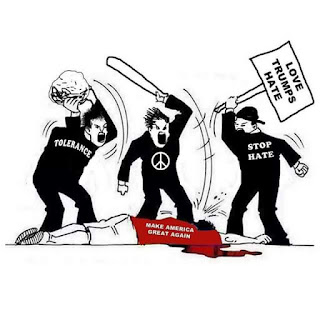written by AFP staff
Tuesday January 20, 2015
TEHRAN, Iran — Russian Defence Minister Sergei Shoigu signed a military cooperation deal with Iran on Tuesday that his Iranian counterpart touted as a joint response to US "interference."
Shoigu is the most senior Russian military official to visit Tehran since 2002, according to Iranian media, and the agreement comes with both countries facing Western sanctions.
The deal provides for joint exercises and military training, as well as "cooperation in peacekeeping, maintaining regional and international security and stability, and fighting against separatism and extremism," the Iranian defense ministry website said.
Defence Minister Hossein Dehqan told state television that Iran and Russia had a "shared analysis of US global strategy, its interference in regional and international affairs and the need to cooperate in the struggle against the interference of foreign forces in the region."
Russia has long been Iran's principal foreign arms supplier but their ties took a major hit in 2010 when Moscow cancelled a contract to deliver advanced
S-300 ground to air missiles, citing UN sanctions imposed over Tehran's nuclear program.
Iran demanded $4 billion in compensation for the cancellation of the $800 million order.
"The two countries have also decided to settle the S-300s problem," the Iranian defense ministry said on Tuesday without elaborating.
As Russia has been hit by Western sanctions over its involvement in the conflict in Ukraine, it has stepped up its economic ties with Iran in the past year.
The two governments are also both allies of Syrian President Bashar al-Assad in his nearly four-year-old conflict with Western-backed rebels.
***********
Yahoo News
written by Nasser Karimi and Vladimir Isachenkov in Moscow
Tuesday January 20, 2015
TEHRAN, Iran — Iran and Russia signed an agreement Tuesday to expand military ties in a visit to Tehran by the Russian defense minister.
Sergei Shoigu, in remarks carried by Russian news agencies, said Moscow wants to develop a "long-term and multifaceted" military relationship with Iran. He said that the new agreement includes expanded counter-terrorism cooperation, exchanges of military personnel for training purposes and an understanding for each country's navy to more frequently use the other's ports.
Iran's Defense Minister Hossein Dehghan urged greater cooperation as a means of opposing American ambitions in the region. Moscow and Tehran have staunchly supported Syrian President Bashar Assad throughout Syria's civil war, while Washington advocates regime change and supports rebel groups.
"Iran and Russia are able to confront the expansionist intervention and greed of the United States through cooperation, synergy and activating strategic potential capacities," Dehghan said. "As two neighbors, Iran and Russia have common viewpoints toward political, regional and global issues."
Russia has maintained friendly ties with Iran and has built its first nuclear power plant. Last fall, it signed a deal to build two more reactors in Iran.
Shoigu did not the mention ongoing controversy over a deal to deliver a sophisticated air defense missile system to Iran. In 2007, Russia signed a $800-million contract to sell Tehran the S-300 missile system, but the weaponry was never delivered amid strong objections by United States and Israel.
Iran has filed a lawsuit with a court in Geneva seeking $4 billion in damages over the breach of the contract, but the court hasn't yet made any ruling. Russia has insisted that its decision to freeze the S-300 delivery was based on the United Nations Security Council's sanctions against Iran.
Iran's state TV reported Tuesday that Iran and Russia have agreed to settle their differences over the missile deal, without offering further details.
Last year, Russian media reports said that Moscow had sought to end the dispute by offering Iran a different, slightly inferior version of the S-300 system, but Tehran had rejected the proposal






































No comments:
Post a Comment